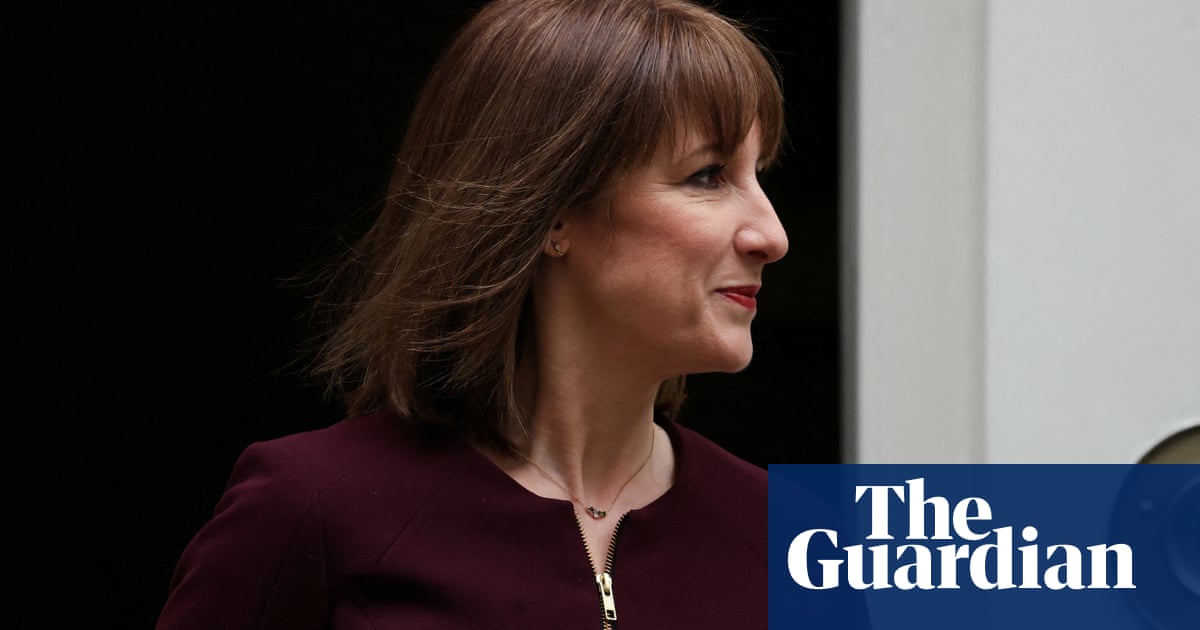The chancellor talks up the government’s economic record and the decisions made at the budget. She makes the obligatory mention of the Conservatives’ “14 years of mismanagement and decline” and the supposed £22bn fiscal hole. “We are renewing Britain,” she says – while accepting that many Britons “have yet to feel it”. This spending review will change it, she says.
Reeves says the review is “time for parties opposite to make their choices”, saying the spending and investment she will unveil was only possible because of tax choices in the autumn budget and the revised fiscal rules, which the Conservatives opposed. They must make “an honest choice” on whether to support the extra money, she says.
Reeves says overall departmental spending will rise by 2.3% a year in real terms, contrasting her “Labour choices” with what she calls the destructive legacy of austerity. That is the overall figure, but some departments will still very much feel a squeeze, even with what she says is an extra £190bn in day to day spending over the parliament.
On the first set of specifics, Reeves sets out already-announced details of increased spending on defence and security, making sure to stress the boost to jobs in the sector, particularly in Scotland.
Reeves says the new Border Security Command will receive up to £280m more a year by the end of the spending review period. She also promises that all spending on hotels for asylum seekers waiting for their cases to be heard will stop by the end of this parliament.
In more “news we have largely already been told”, Reeves sets out what she says will be £30bn in investment in nuclear power, about half on the Sizewell C reactor. She also announced new money for small modular nuclear reactors, and for research into nuclear fusion. There is also confirmed funding for a carbon capture project in Aberdeenshire.
Sign up toBusiness Today
Get set for the working day – we'll point you to all the business news and analysis you need every morning
after newsletter promotion
While this isn’t necessarily an announcement, Reeves’s long digression into the importance of steel made in the UK can be seen at least partly in the context ofNigel Farage’s recent foraysinto pushing for reindustrialisation.
In a mixed bag of announcements, Reeves says there will be £2bn more for AI investment; an increase in funding for the state-run British Business Bank; and up to £1.2bn a year by the end of the parliament for skills training for young people.
Now we get to the bigger news. As saved up for releasethe day beforethe spending review, Reeves sets out what she calls the “biggest cash injection into social and affordable housing in 50 years”, saying it is worth £39bn over the next decade.
